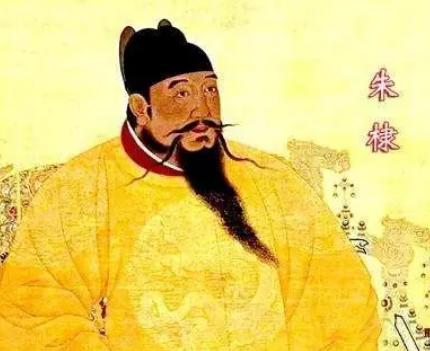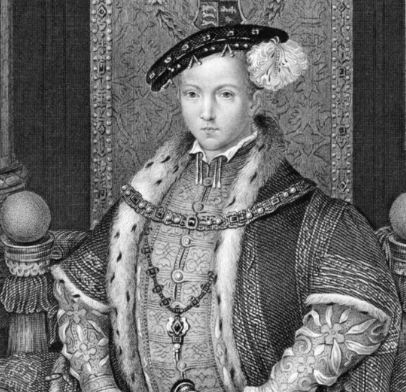In the long history of China, the failure of Wang Qian of the Northern Zhou Dynasty remains a puzzling mystery. Possessing hundreds of thousands of troops and natural geographical advantages, he ultimately succumbed to his rivals. So, what exactly led to his defeat?

Firstly, it's important to note that although Wang Qian's army was numerically strong, its quality was not. The majority of his soldiers were temporarily recruited farmers who had no formal military training and were ignorant of the rules and tactics of war. His generals also lacked military prowess, unable to effectively command these troops. Therefore, despite their numerical strength, Wang Qian's army failed to exhibit its full potential on the battlefield.
Secondly, despite possessing natural barriers, Wang Qian did not fully utilize this advantage. His defense line was concentrated mainly around the cities, neglecting the internal defense of the cities themselves. This allowed the enemy to easily breach his defense line and wreak havoc within the cities. Within the cities, the lack of effective defensive measures meant that his army was unable to effectively resist the enemy's attacks.
Moreover, Wang Qian's political strategies were flawed. He overly relied on external aid in the war, neglecting internal stability and development. This led to him losing the initiative in the war and being led around by the enemy. Additionally, his harsh treatment of his subordinates led to their dissatisfaction and inability to fight for him with their full efforts.
Lastly, there were issues with Wang Qian's military strategies. He was too conservative in the war, refusing to take the initiative and instead opting for passive defense. This kept his army in a reactive state, unable to effectively strike the enemy. Furthermore, there were problems with his strategic deployments in the war, failing to form a cohesive force, resulting in his army being scattered on the battlefield and unable to form an effective fighting strength.
Overall, Wang Qian's defeat was caused by a combination of factors, including the low quality of his army, failure to fully utilize natural barriers, flawed political strategies, and defective military strategies. This provides a lesson that in war, not only powerful troops and superior geographical conditions are needed, but also wise leadership and correct strategies.
Disclaimer: The above content is sourced from the internet and the copyright belongs to the original author. If there is any infringement of your original copyright, please inform us and we will delete the relevant content as soon as possible.
































